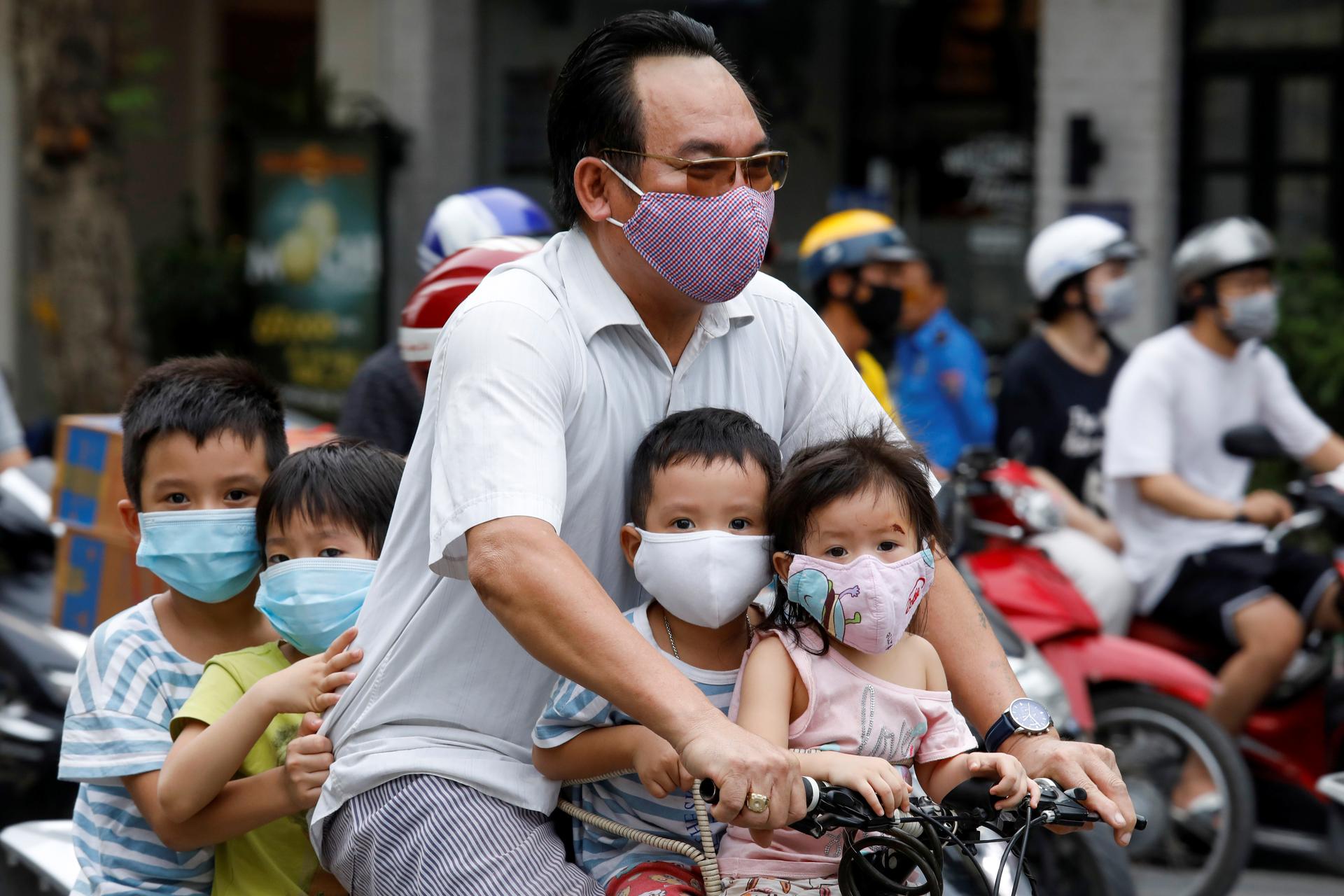UNICEF East Asia and Pacific issued the ‘Recover, Rebound, Reimagine - Building a Better Future for Every Child in East Asia and the Pacific, Post-COVID-19” report on Tuesday.
The report highlights the many ways COVID-19 has further pummelled the region’s 2.2 billion people – families already struggling to put food on the table and educate their children.
The world as people know it has changed.
In the space of just a few months, COVID-19 has unleashed itself with alarming speed, leaving no continent or country untouched.
While children are not the face of the pandemic, they are among the hardest hit.
From the start, UNICEF and its partners have been responding in full force, not only to provide immediate support and protection to those who need it the most, but to encourage with governments and other partners new thinking and strategies to safeguard progress for children in a post-COVID-19 world.
What will a better future for children look like?
The region’s COVID-19 blueprint for action – Recover, Rebound, and Reimagine – may help shape the answer.
- Recover: restoring the provision of essential services – and scaling up successful interventions – to support children, particularly those whose underlying conditions make them even more vulnerable to infection from the virus.
- Rebound: nurturing children’s resilience and protecting the most vulnerable. For example, supporting governments in the region to ensure cash grant payments for families and an increase in the number of beneficiaries to include the newly poor.
- Reimagine: tapping into an experimental mindset to tackle obstacles on the road to creating a more equitable, inclusive and resilient society, one able to better cope with tomorrow’s disasters.
“COVID-19 has significantly impacted the lives of children in Vietnam – especially those from vulnerable groups such as migrants, rural and urban poor families, ethnic minorities, and children with disabilities,” said Rana Flowers, UNICEF representative in Vietnam.
“It is critical to ensure that children are at the heart of socioeconomic development planning and budgeting, and to maintain focus on the SDGs.
“There is no doubt that countries that prioritize investment in children’s health, education, and protection are better placed to recover and rebound from the crisis more quickly.”
As many have started to emerge from lockdowns, there is a collective realization that ‘returning to the old normal’ is simply not going to happen.
People should not go back to normal and they will not, because normal never was.
In conclusion, the report calls for several actions, for example, scaling up and instilling the practice of handwashing as a social norm and the promotion of nutritious, safe, and sustainable diets for children and their families, while empowering young people to opt for a healthier, sustainable diet in a post-COVID-19 world.
It also asks people to come together, grabbing a once-in-a-lifetime opportunity to reimagine a better world for children.





















































